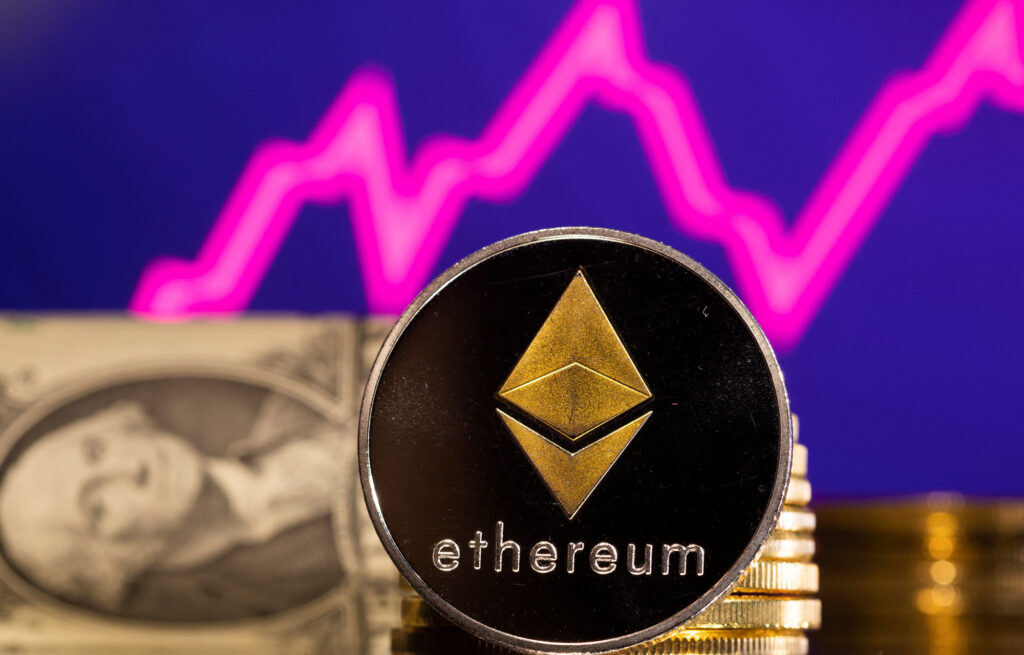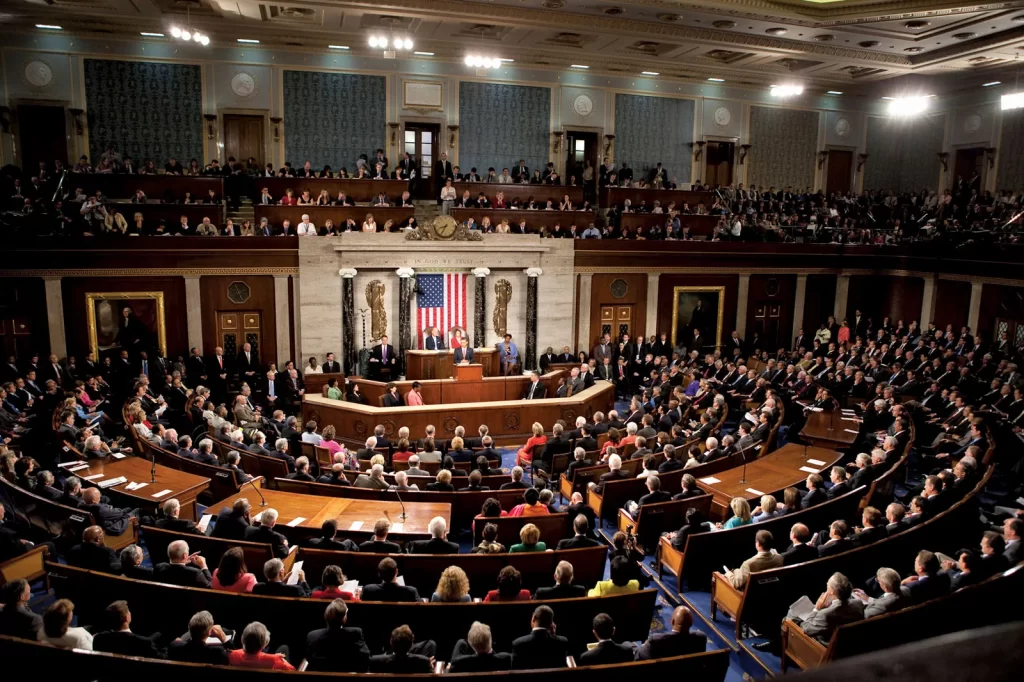In an endeavour to address the escalating cybercrimes, the Supreme People’s Procuratorate (SPP) of China – the nation’s highest prosecutorial authority – is directing its focus towards wrongdoers utilising blockchain and metaverse projects for unlawful activities.
The SPP expresses concern over the surge in online fraud, cyber violence, and infringement of personal information.
The SPP disclosed a notable increase in cybercrimes perpetrated on blockchains and within the metaverse.
Criminal elements are increasingly resorting to cryptocurrencies for the purpose of money laundering, rendering the tracking of their illegal gains a challenging task.
Ge Xiaoyan, the deputy prosecutor-general of the SPP, affirmed that charges related to cybercrime-associated telecom fraud have escalated by 64 percent year-on-year.
Concurrently, traditional offences such as gambling, theft, pyramid schemes, and counterfeiting have also expanded their reach into cyberspace.
Xiaoyan underscored that charges linked to internet theft have soared by almost 23%, whereas charges concerning online counterfeiting and the sale of substandard goods have surged by nearly 86%.
Procuratorates brought charges against 280,000 individuals in cybercrime cases between January and November, marking a 36% year-on-year increase and constituting 19% of all criminal offences, as disclosed by Xiaoyan.
READ MORE: Coinbase Advocates for Ether ETP Approval Amid SEC Scrutiny
Zhang Xiaojin, the director of the Fourth Procuratorate of the SPP, cautioned both citizens and participants in digital assets regarding investment scams prevalent in the local crypto economy.
Xiaojin highlighted the emergence of novel cybercrimes involving the metaverse, blockchain, and binary options platforms, indicating that digital currencies have become focal points for such activities, thereby stressing the necessity for heightened vigilance.
China’s endeavours to clamp down on digital asset-related crimes diverge from those of Hong Kong.
The special administrative region of China has adopted a distinct approach by implementing regulations conducive to cryptocurrencies to standardise its digital asset ecosystem and safeguard investors without stifling innovation.
The People’s Bank of China (PBoC) addressed concerns pertaining to cryptocurrency regulation and decentralised finance in its most recent financial stability report.
The Chinese central bank dedicated a separate section to cryptocurrency assets in the report, emphasising the imperative for the industry to be regulated through collaborative efforts among different countries.
In 2021, the PBoC officially announced measures aimed at curbing crypto adoption in mainland China, advocating for enhanced inter-departmental coordination in combating crypto-related activities in the country.
Despite the ban encompassing virtually all crypto transactions and cryptocurrency mining, mainland China has persisted as a significant crypto-mining hub.







